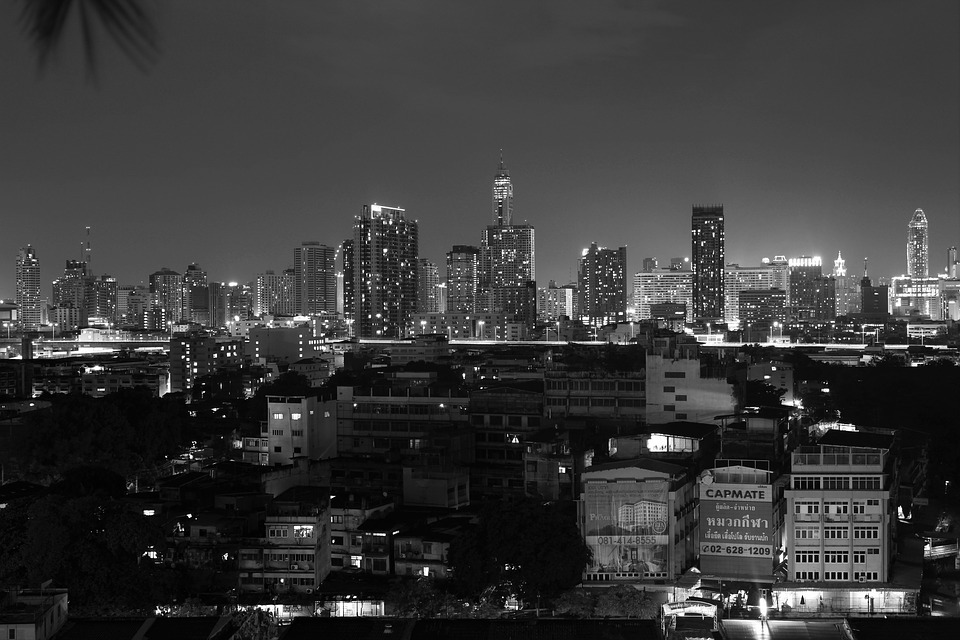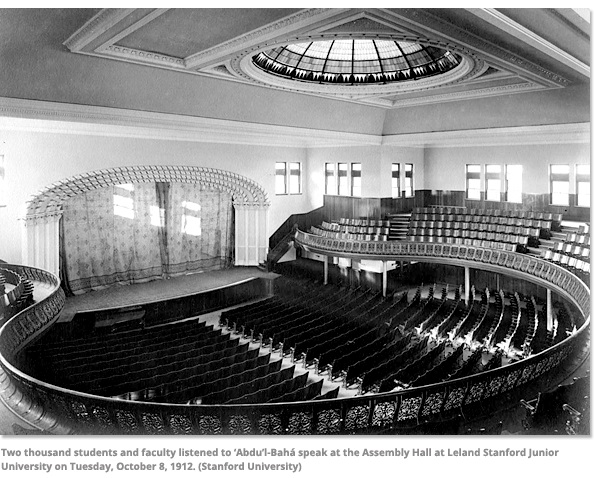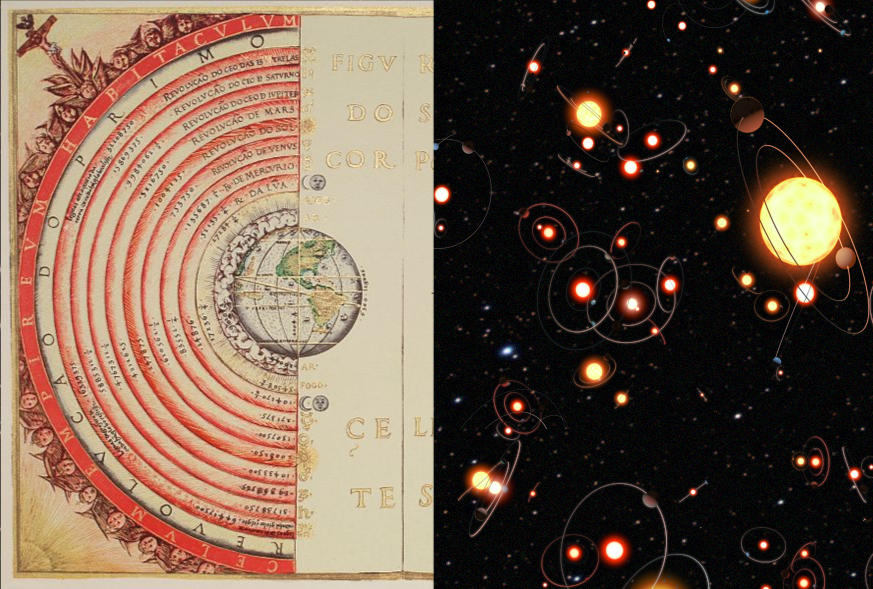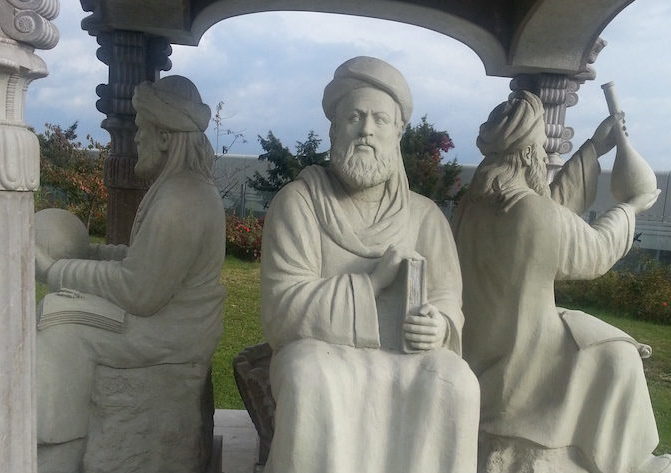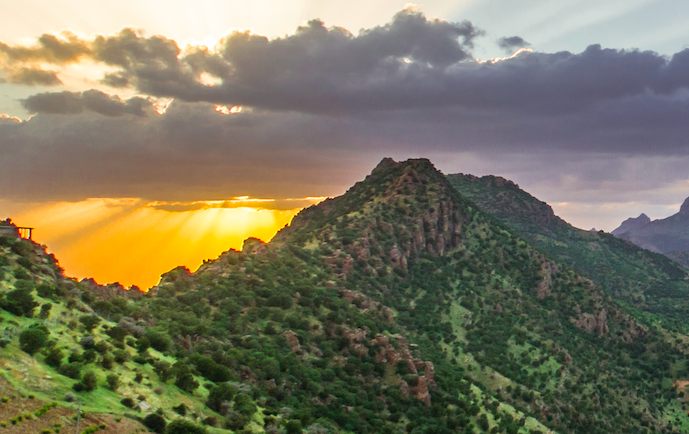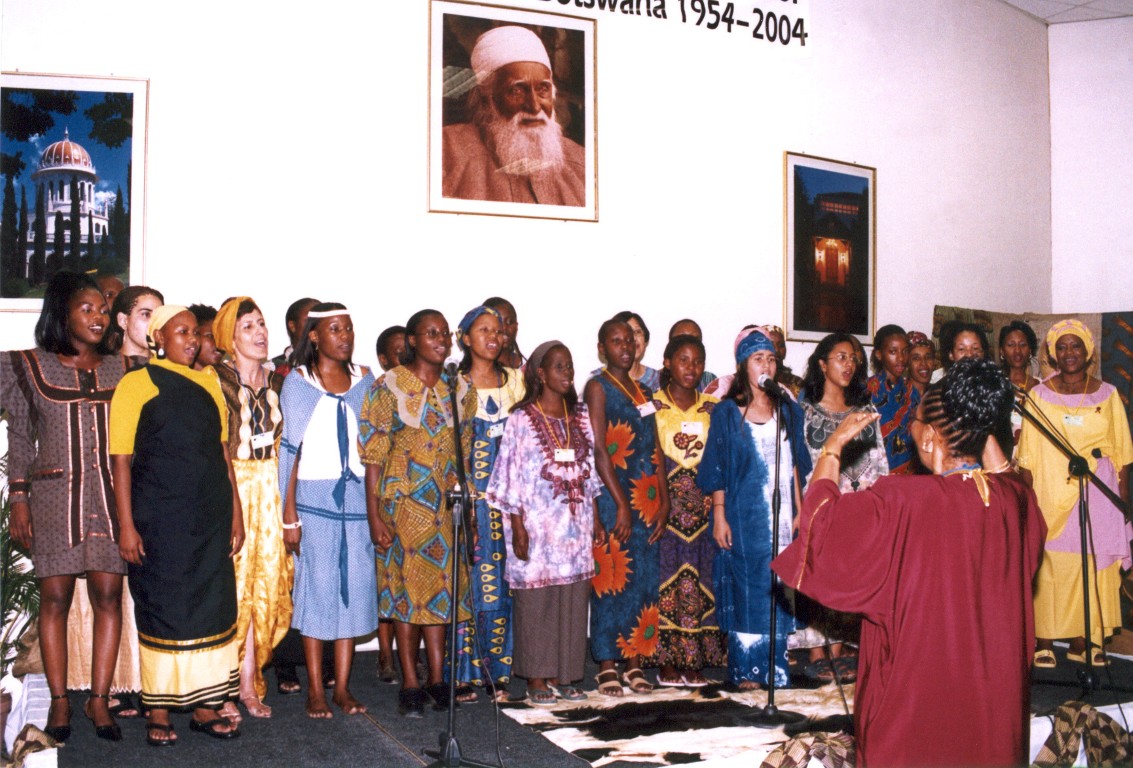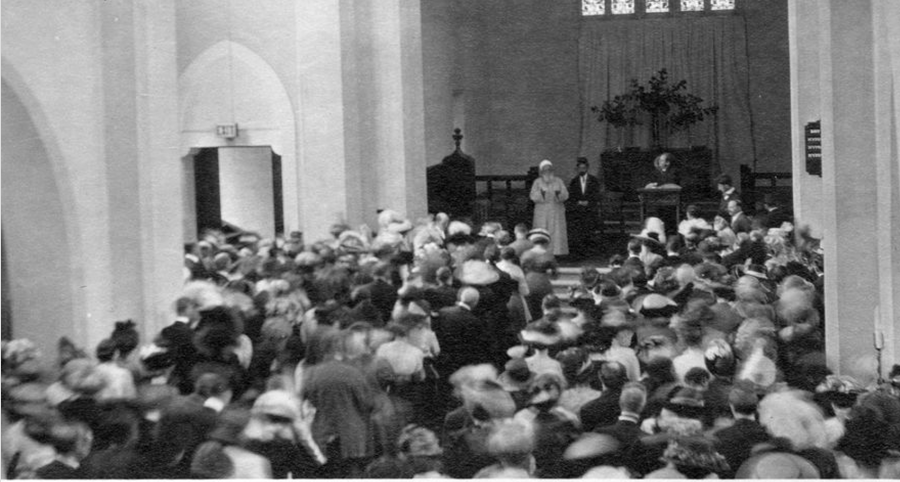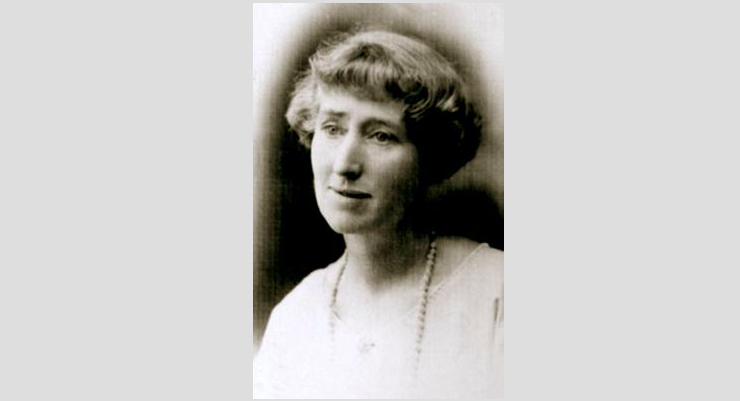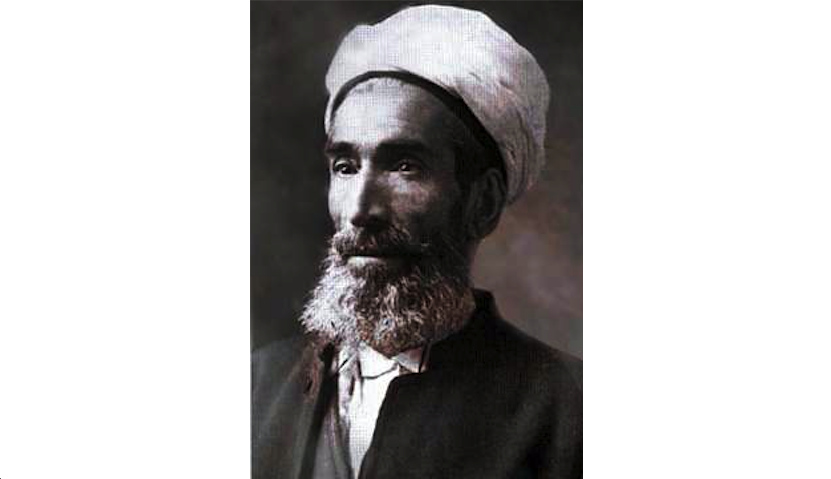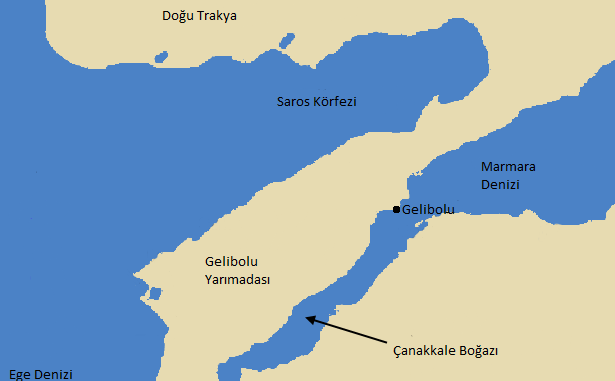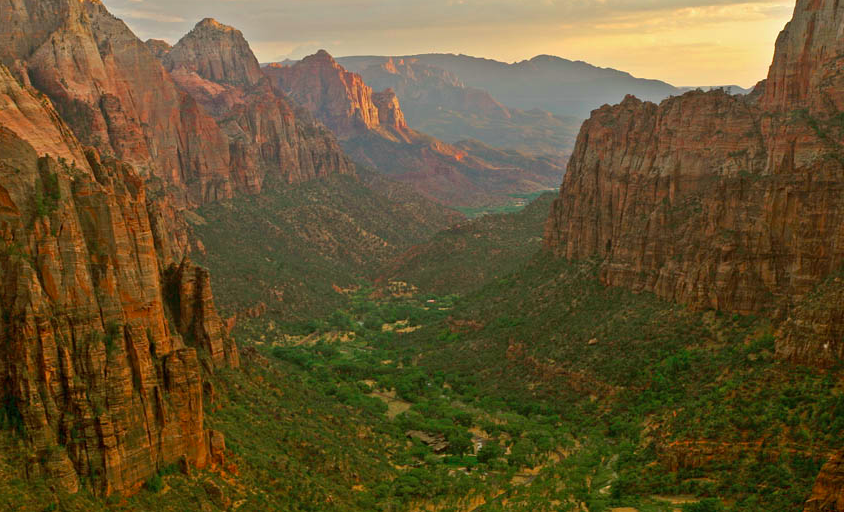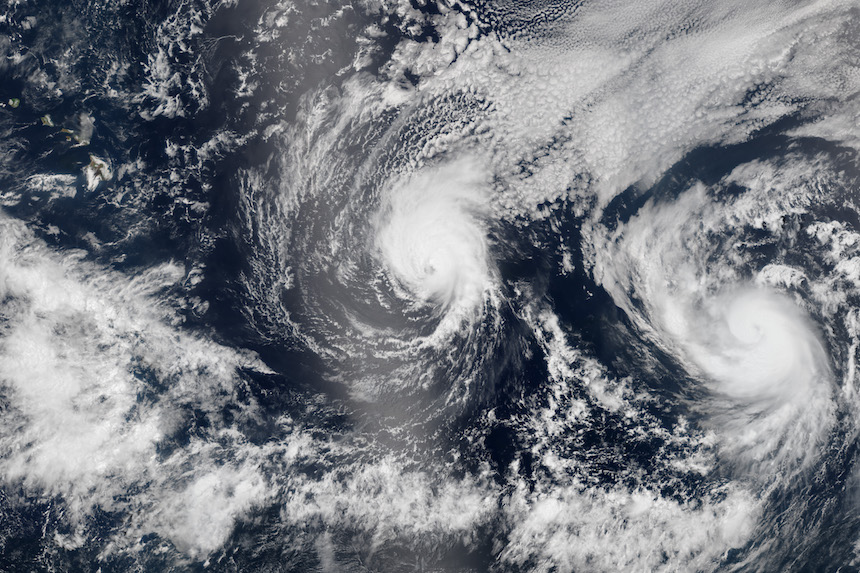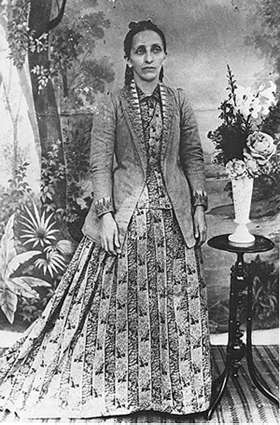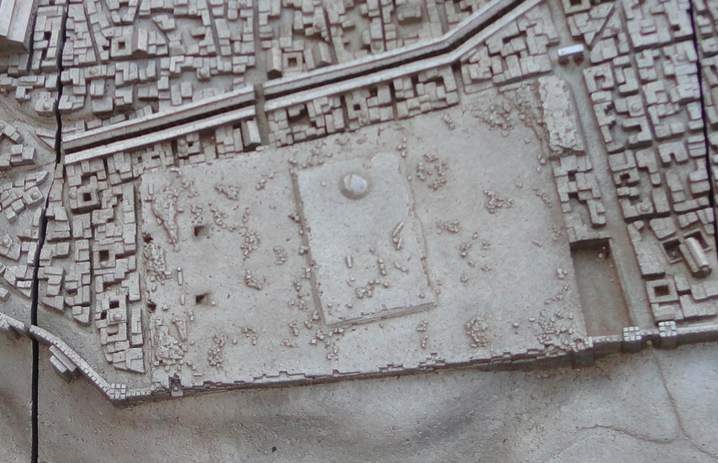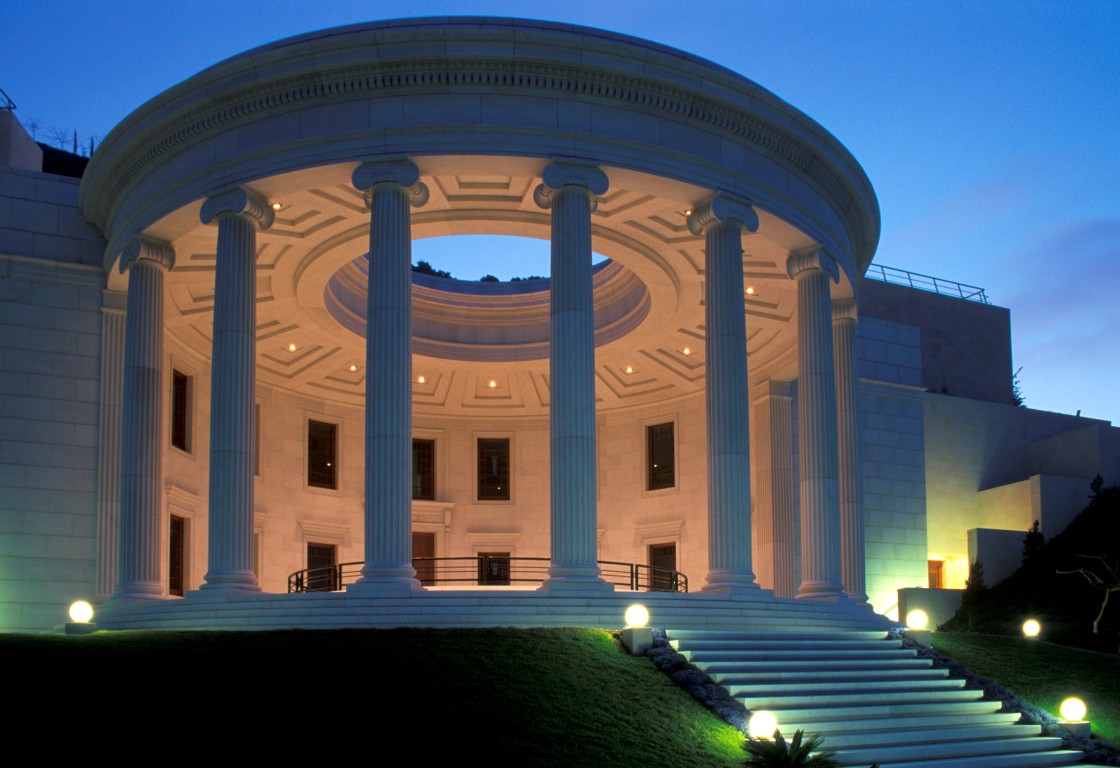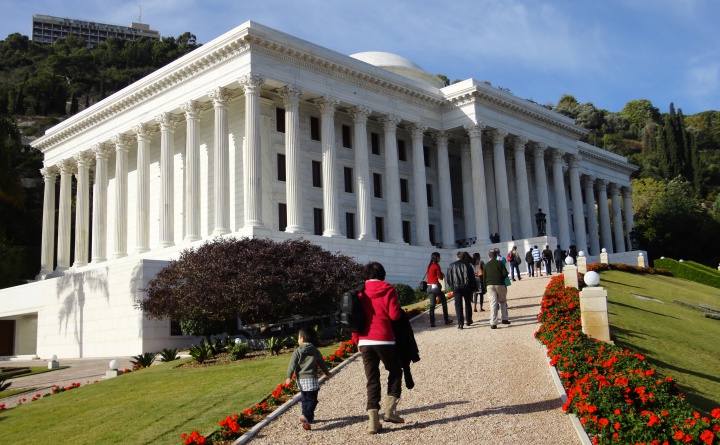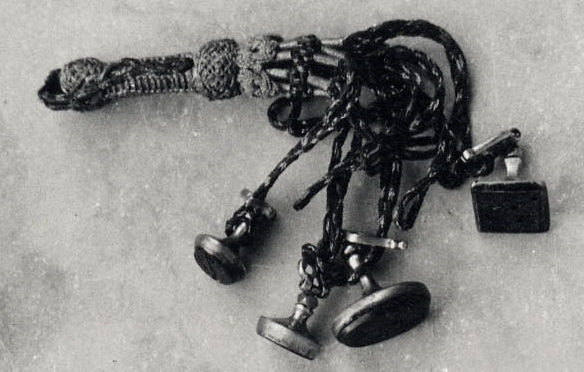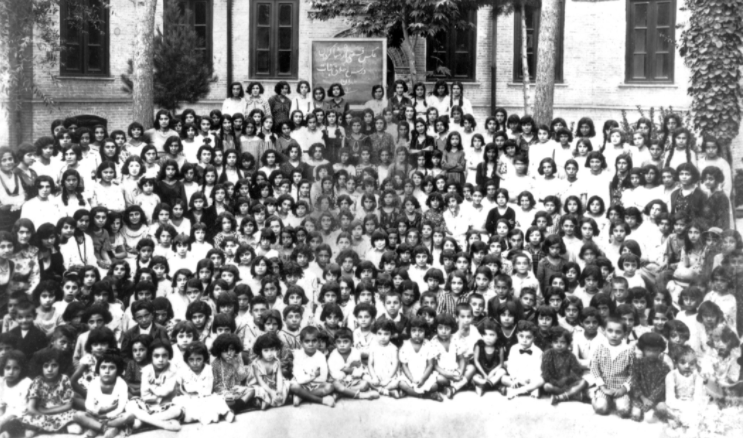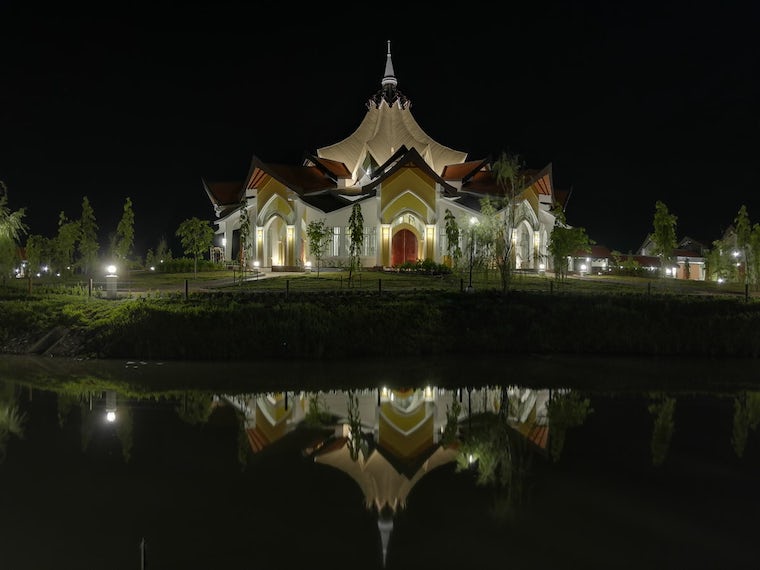-
Extremes of Wealth and Poverty
The increasing gulf between rich and poor has recently re-emerged as an issue in public debate, both as an issue of economic justice and as an issue contributing to political instability in the world.[1] The issue has been a standing concern of the Baha’i community. In his early mystical writings Bahá’u’lláh draws attention to the injustice of disparities of wealth and poverty. Bahá’u’lláh challenges the common societal devaluation of the poor (and assumptions about a worthy human life): Vaunt not thyself over the poor, for I lead him on his way and behold thee in thy evil plight and confound thee forevermore.[1] This is not enough. The wealthy have obligations of generosity…
-
Seven Heavens and Extrasolar Planets
Australian skies look to the centre of the galaxy. The milky way is a bright band high overhead and the night sky an explosion of starlight. Distant and constant points of light, stars are infinitely older than our vanishingly brief time on this earth – so unconcerned with our petty happenings and trivial squabbles. They teach us a lot. Sadly in our modern world it has become harder to even see the stars. Certainly, their pristine glory is rarely seen, particularly if we live in one of the world’s megacities. With an interest in the night sky, the following passage from Bahá’u’lláh’s writings is one of my favourites. Bahá’u’lláh is responding to a question…
-
Civilization and its Excesses
Bahá’u’lláh called on all human beings to work for the advancement of civilization, yet he also warned of the danger of carrying civilization to excess. All men have been created to carry forward an ever-advancing civilization.[1] And yet: If carried to excess, civilization will prove as prolific a source of evil as it had been of goodness when kept within the restraints of moderation. Meditate on this, O people, and be not of them that wander distraught in the wilderness of error. The day is approaching when its flame will devour the cities….[2] Bahá’u’lláh wrote in the 19th century. His insight of the approaching danger saw far ahead of his contemporaries, who tragically could not see the appalling dangers ahead. The following is from an…
-
A Tribute to Bahá’u’lláh
This article tells the story of a moment in time. A small event, briefly told, yet one that still echoes through time and space. A few evenings ago the words from that event echoed in song in the Australasian Baha’i House of Worship in Sydney. Here is the story. ‘Abdu’l-Bahá was travelling to the West. In October 1911 he reflected on his arrival in Paris, one of the first Western cities he visited: I regret much that I have kept you waiting this morning, but I have so much to do in a short time for the Cause of the love of God. You will not mind having waited a little…
-
Each Morrow Richer than its Yesterday
We all make mistakes. How we deal with our own mistakes and of those around us has important implications. Too often we stand in judgement of our fellow human beings. It’s an attitude that is corrosive to our own connection with the sacred, and in its worst manifestations creates a judgemental and oppressive community. Despite the prevalence of this human behaviour, the idea that we ought not judge others is ancient and familiar. Bahá’u’lláh reminds us in his Hidden Words that it is a core insight from the spiritual wisdom of the world. Breathe not the sins of others so long as thou art thyself a sinner.[1] How couldst thou forget thine own…
-
Seeker
For me, it was like the lifting of a darkness of which I had previously been unaware. The lights were on; a new beauty and truth was in the world, and there was no going back. The journey the seeker follows to faith is not an easy one. It is really impossible to describe. For some it is completed in an instant. For some (as in my case) it can take time – a long time. It is a journey that is never really completed. And to those who haven’t made the journey, it may seem like a bewildering and impossible road. It is a search that demands something of us. It…
-
Solving Problems Beyond Solution – The Book of Certitude
The goal of Bahá’u’lláh’s entire life’s work, as he describes, is to foster unity among human beings. Of his writings, the Book of Certitude plays a particular role in this purpose. Accordingly, it has been said of the Book of Certitude that by sweeping away the age-long barriers that have so insurmountably separated the great religions of the world, [it] has laid down a broad and unassailable foundation for the complete and permanent reconciliation of their followers.[1] In works such as the Hidden Words, we primarily find guidance directed to the spiritual life of the individual. In Bahá’u’lláh’s later writings, such as those published in the Tablets of Bahá’u’lláh, we find…
-
Women and Men Have Been and Will Always Be Equal
“Women and men have been and will always be equal in the sight of God.”[1] With these words, Bahá’u’lláh challenges the age old oppression of women. Thus, the following concept applies as much in respect of gender equality as elsewhere: Know ye not why We created you all from the same dust? That no one should exalt himself over the other.[2] The general assertion of gender equality is addressed by Bahá’u’lláh in a diversity of fields in which, historically, gender equality has been denied. On work, Bahá’u’lláh states: … It is incumbent upon each one of you to engage in some occupation – such as a craft, a trade or the like.[3] There is no distinction…
-
Bahá’u’lláh on Good Government
We live in a time of increasing distrust between citizens and institutions of government. Ordinary people seek solutions for what they experience as failures of government, yet institutions of governance struggle to genuinely connect with affected populations. What light does Bahá’u’lláh’s thought cast on what constitutes good government? Bahá’u’lláh lived under absolute monarchies. His own experience of government was one of oppression, expressed in unjust and successive imprisonments and exiles. Justice as a dimension of good government is a strong theme of Bahá’u’lláh’s writings. O kings of the earth! We see you increasing every year your expenditures, and laying the burden thereof on your subjects. This, verily, is wholly and grossly unjust…. lay not…
